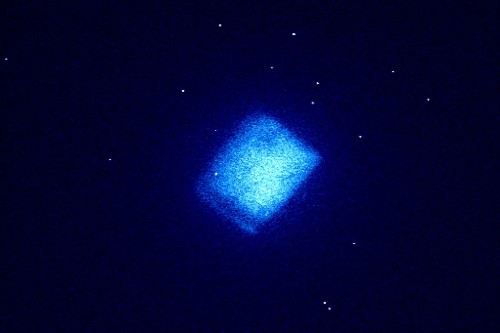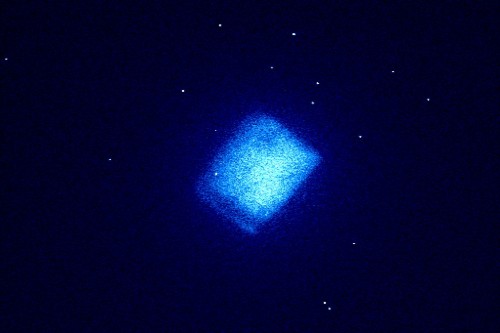When you purchase through links on our site, we may earn an affiliate commission. This doesn’t affect our editorial independence.
According to Itv News and direct news from the University of Bristol, the world’s first diamond battery, developed by UK scientists, has the capacity to generate electricity for thousands of years. It is created using artificial diamonds manufactured in a lab and contains the radioactive element Carbon-14.

Fast-moving electrons are released as the material decays. Just like a solar panel employs light particles, the battery uses those to generate electricity.
The half-life of carbon-14 is so long that a diamond battery would still be at 50% power in 5,000 years, in contrast to a typical lithium or alkaline battery, which may only last a few months.

The advantages of having this latest discovery are :
- It can help in the health and medical care. Medical devices such as pacemakers, hearing aids, and eye implants can use these bio-compatible diamond batteries, which reduces the need for replacements and patient discomfort.
- The batteries could power active radio frequency (RF) tags.
- According to Professor Tom Scott, Professor in Materials at the University of Bristol, said: “Our micropower technology can support a whole range of important applications from space technologies and security devices through to medical implants. We’re excited to be able to explore all of these possibilities, working with partners in industry and research, over the next few years.” If upgraded, however, from its current continuous microwatt levels of power, It could also be used as a substitute for the current solar panel batteries to ensure the longevity of power within the home and workplace.









